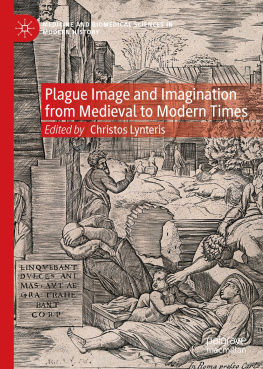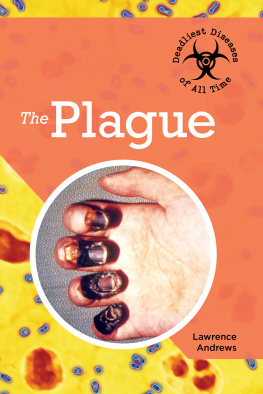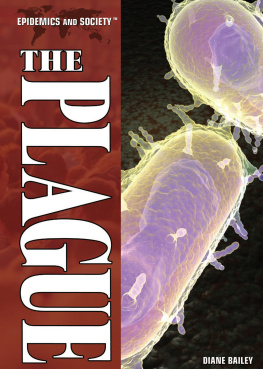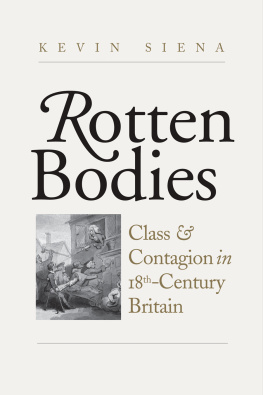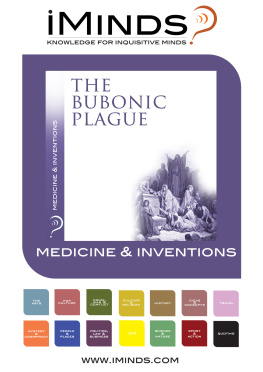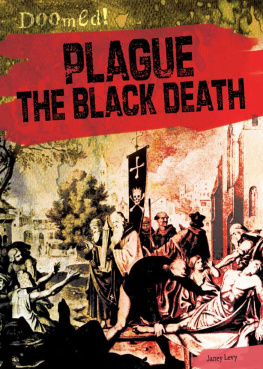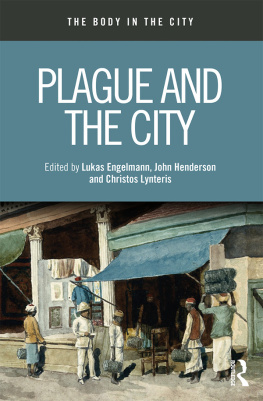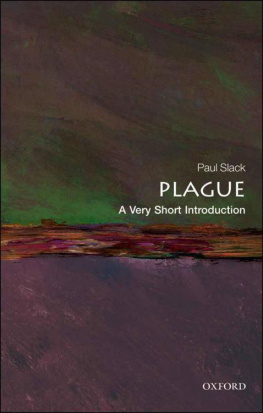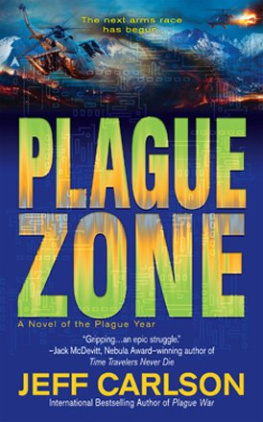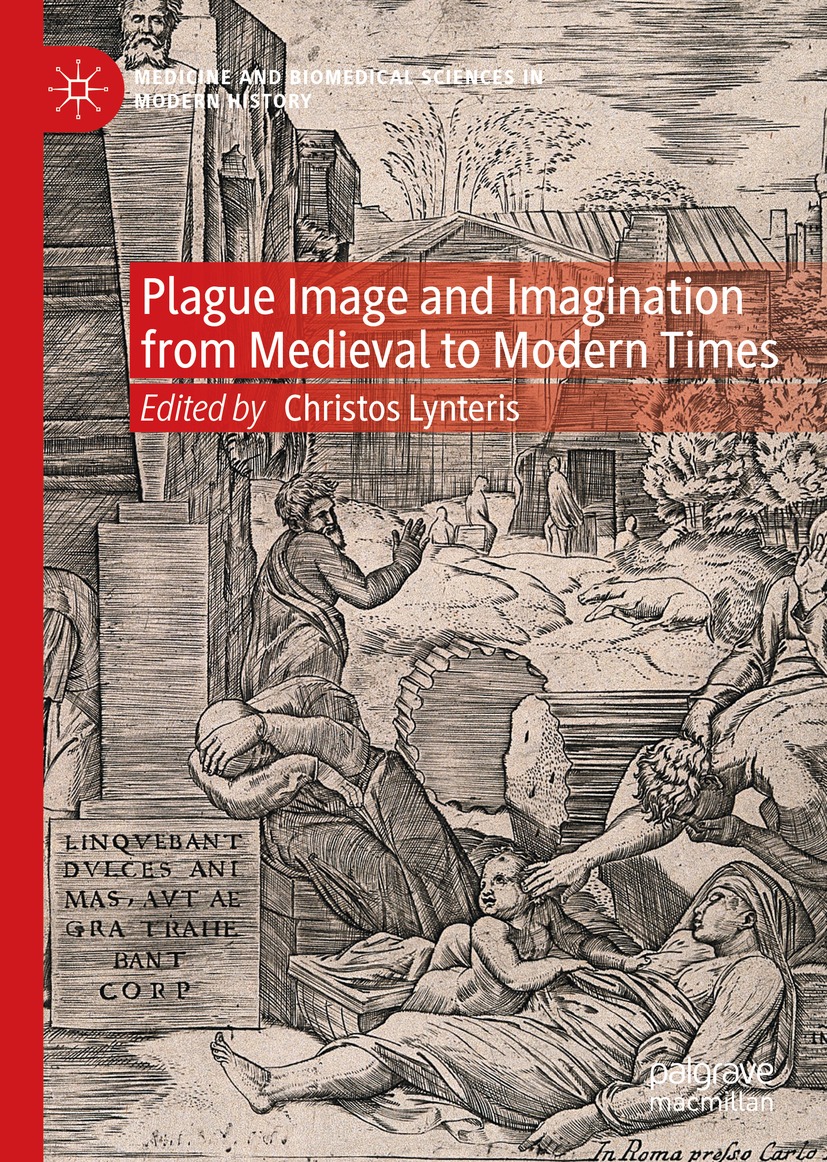Medicine and Biomedical Sciences in Modern History
Series Editors
Carsten Timmermann
University of Manchester, Manchester, UK
Michael Worboys
University of Manchester, Manchester, UK
The aim of this series is to illuminate the development and impact of medicine and the biomedical sciences in the modern era. The series was founded by the late Professor John Pickstone, and its ambitions reflect his commitment to the integrated study of medicine, science and technology in their contexts. He repeatedly commented that it was a pity that the foundation discipline of the field, for which he popularized the acronym HSTM (History of Science, Technology and Medicine) had been the history of science rather than the history of medicine. His point was that historians of science had too often focused just on scientific ideas and institutions, while historians of medicine always had to consider the understanding, management and meanings of diseases in their socio-economic, cultural, technological and political contexts. In the event, most of the books in the series dealt with medicine and the biomedical sciences, and the changed series title reflects this. However, as the new editors we share Professor Pickstones enthusiasm for the integrated study of medicine, science and technology, encouraging studies on biomedical science, translational medicine, clinical practice, disease histories, medical technologies, medical specialisms and health policies.
The books in this series will present medicine and biomedical science as crucial features of modern culture, analysing their economic, social and political aspects, while not neglecting their expert content and context. Our authors investigate the uses and consequences of technical knowledge, and how it shaped, and was shaped by, particular economic, social and political structures. In re-launching the Series, we hope to build on its strengths but extend its geographical range beyond Western Europe and North America.
Medicine and Biomedical Sciences in Modern History is intended to supply analysis and stimulate debate. All books are based on searching historical study of topics which are important, not least because they cut across conventional academic boundaries. They should appeal not just to historians, nor just to medical practitioners, scientists and engineers, but to all who are interested in the place of medicine and biomedical sciences in modern history.
More information about this series at http://www.palgrave.com/gp/series/15183
Plague Image and Imagination from Medieval to Modern Times
1st ed. 2021

Logo of the publisher
Editor
Christos Lynteris
Department of Social Anthropology, University of St Andrews, St Andrews, UK
Medicine and Biomedical Sciences in Modern History
ISBN 978-3-030-72303-3 e-ISBN 978-3-030-72304-0
https://doi.org/10.1007/978-3-030-72304-0
The Editor(s) (if applicable) and The Author(s), under exclusive license to Springer Nature Switzerland AG 2021
This work is subject to copyright. All rights are solely and exclusively licensed by the Publisher, whether the whole or part of the material is concerned, specifically the rights of translation, reprinting, reuse of illustrations, recitation, broadcasting, reproduction on microfilms or in any other physical way, and transmission or information storage and retrieval, electronic adaptation, computer software, or by similar or dissimilar methodology now known or hereafter developed.
The use of general descriptive names, registered names, trademarks, service marks, etc. in this publication does not imply, even in the absence of a specific statement, that such names are exempt from the relevant protective laws and regulations and therefore free for general use.
The publisher, the authors and the editors are safe to assume that the advice and information in this book are believed to be true and accurate at the date of publication. Neither the publisher nor the authors or the editors give a warranty, expressed or implied, with respect to the material contained herein or for any errors or omissions that may have been made. The publisher remains neutral with regard to jurisdictional claims in published maps and institutional affiliations.
Cover illustration: Wellcome Collection / Engraving by M. Raimondi after Raphael after Virgil.
This Palgrave Macmillan imprint is published by the registered company Springer Nature Switzerland AG
The registered company address is: Gewerbestrasse 11, 6330 Cham, Switzerland
This book is dedicated to the memory of John Berger (19262017) for having taught us how to see differently.
Acknowledgements
The chapters in this volume first appeared as papers in the final conference of the project Visual Representations of the Third Plague Pandemic at the Department of Social Anthropology of the University of St Andrews funded by a European Research Council (ERC) Starting Grant under the European Unions Seventh Framework Programme/ERC grant agreement no. 336564 (PI Christos Lynteris). I would like to thank Teresa Abaurrea, Maurits Meerwijk and Abhijit Sarkar for their help in organising the conference, the Department of Social Anthropology at St Andrews for its support of the event, as well as all speakers, discussants and participants for their generous contributions to the discussion of plague image and imaginary.
Contents
Christos Lynteris
Nkhet Varlk
Sheila Barker
Ann G. Carmichael
David Arnold
Abhijit Sarkar
Samuel Cohn Jr.
Maurits Bastiaan Meerwijk
Lukas Engelmann
Genese Marie Sodikoff and Z. R. Dieudonn Rasolonomenjanahary
List of Figures
List of Tables
Notes on Contributors
David Arnold
is Professor Emeritus in History at the University of Warwick and a fellow of the British Academy. He has written extensively on science, medicine and environment in British India. His published works include Colonizing the Body: State Medicine and Epidemic Disease in Nineteenth-Century India (1993), Everyday Technology: Machines and the Making of Indias Modernity (2013), Toxic Histories: Poison and Pollution in Modern India (2016) and Burning the Dead: Hindu Nationhood and the Global Construction of Indian Tradition (2021).
Sheila Barker
is Director of the Jane Fortune Research Program at the Medici Archive Project. An art historian specialized in the study of plague art, early modern women artists and the cultural history of Renaissance Italy, her study of plague art began with her 2002 dissertation, Art in a Time of Danger: Urban VIIIs Rome and the Plague of 16291634. Her most recent contribution to this literature is her chapter Miraculous Images and the Plagues of Italy, c. 5901656 in Saints, Miracles and the Image (2017).
Ann G. Carmichael
emerita faculty of the History Department, Indiana University, Bloomington, Indiana (USA), holds MD and PhD degrees from Duke University. Her primary publications relate to Second Pandemic plagues, and to state registration of causes of death. Recent publications focus on fifteenth- and sixteenth-century Milanese civic mortality registers and the ecology parameters of Western Europes recurring plague outbreaks. Thus, in the former category: Registering Deaths and Causes of Death in Late Medieval Milan, in J. Rollo-Koster, ed.,

